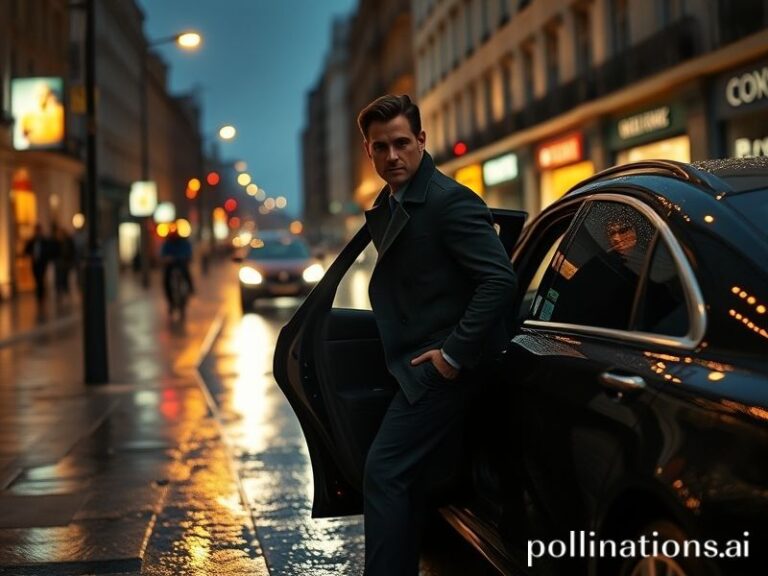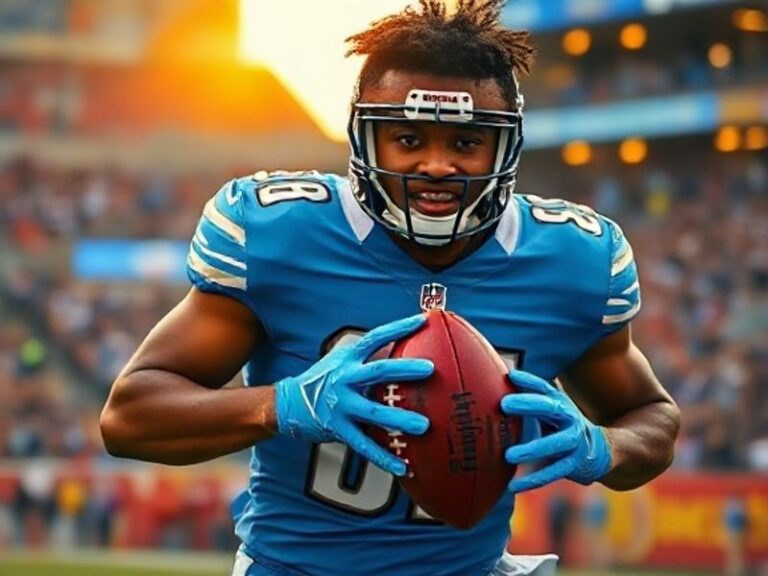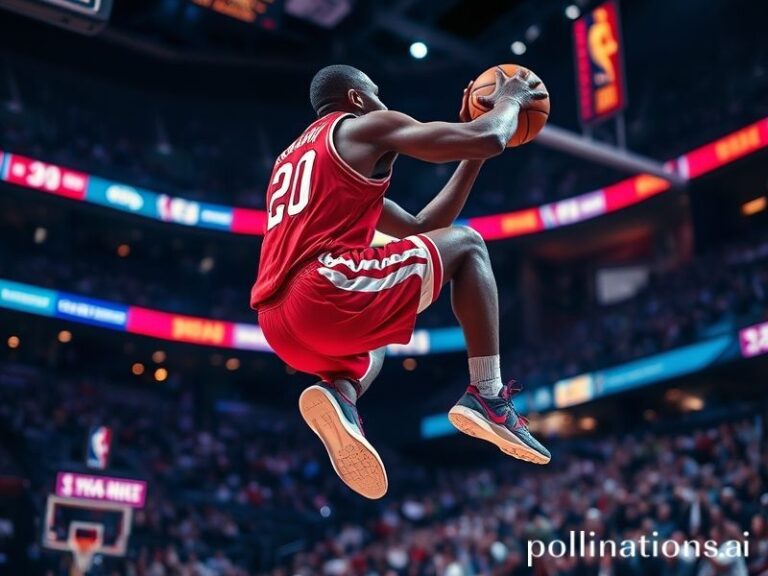Dylan O’Brien: The Last Relatable Export in a World Running on Algorithmic Fumes
In a world currently preoccupied with the slow-motion collapse of supply chains, the open-air theater of geopolitical brinkmanship, and the gentle background hum of climate catastrophe, one might be forgiven for forgetting that Dylan O’Brien is still alive and, apparently, thriving. Yet here we are, watching the 33-year-old American actor—once the accidental millennial face of YA dystopia—quietly graduate into the higher-risk league of adult stardom, a transition about as graceful as a hedge fund manager discovering meditation. The global stakes? Minimal. The symbolic weight? Surprisingly hefty. Allow me to explain before you switch to another browser tab promising quicker dopamine hits.
O’Brien’s career began, as every American myth does, on the Internet: a tousled kid from New Jersey uploading sketch-comedy clips to YouTube back when the platform was still a chaotic flea market rather than a corporate panopticon. Cast as the wry sidekick in MTV’s Teen Wolf—essentially Twilight with more push-ups—he accidentally became a transatlantic heart-throb. French teenagers learned his name phonetically; Brazilian fandom forums parsed his hairline like scripture; Korean drama bloggers compared his comic timing to a young Lee Kwang-soo. In short, he became a soft-power export before he could legally rent a car in most countries.
Then came the Maze Runner trilogy, a franchise whose very premise—children trapped in a giant concrete hamster maze—felt like a prophetic parody of late-capitalist labor markets. The films grossed nearly a billion dollars worldwide, proving that anxiety sells best when disguised as adventure. O’Brien’s on-set accident in 2016, a near-catastrophic stunt mishap that fractured his cheek, became a grim metaphor: the machinery of global entertainment literally smashing the face of its own commodity. The actor spent months in recovery; Hollywood spent minutes updating its insurance spreadsheets. Meanwhile, Chinese censors trimmed the films’ more “sensitive” scenes, ensuring that authoritarianism and adolescent escapism could coexist in harmonious box-office harmony.
Emerging from his convalescence, O’Brien did what any self-respecting survivor of modern celebrity would do: weaponized trauma as brand pivot. He took indie roles that screamed “I read scripts now,” including the PTSD-laden war satire “American Assassin,” which bombed everywhere except on in-flight entertainment systems, where captive audiences had no escape. More recently, he appeared in “The Outfit,” a Chicago-set gangster chamber piece that felt oddly quaint in an era when real oligarchs conduct extortion via WhatsApp voice notes. Critics praised his performance; streaming algorithms buried it under a landslide of Korean revenge thrillers and Turkish soap operas. Sic transit gloria mundi, subtitled in forty-three languages.
Internationally, O’Brien’s significance lies not in any single film but in the ecosystem he quietly sustains. His continued employment props up an entire supply chain: Vancouver soundstages, Irish tax shelters, London VFX sweatshops, and the global army of freelancers who color-correct his pores at 3 a.m. local time. Each frame of his face is a tiny export commodity, shipped across borders smoother than most vaccines. When he signs on to a Michael Bay action film slated for simultaneous release in 190 territories, he becomes a foot soldier in America’s most reliable trade war: cultural imperialism with Dolby Atmos.
And yet, there’s something almost reassuringly antiquated about his persistence. In an age dominated by K-pop avatars and AI-generated micro-influencers, O’Brien is stubbornly human: breakable, sarcastic, occasionally spotted buying coffee while wearing yesterday’s hoodie. The planet may be warming, democracies may be liquefying, but somewhere in Burbank a lighting technician is still adjusting the key light on his cheekbones, ensuring the shadows fall just so for audiences who will never meet him, never vote in his elections, but who will nonetheless dream in his dialect for ninety-three carefully edited minutes.
So yes, Dylan O’Brien matters—not because he will save us (he won’t), but because he’s a canary in the content coal mine, chirping melodiously while the shaft floods. His continued employment is proof that the global entertainment-industrial complex still believes in the myth of the relatable white boy with good comic timing. When that myth dies, we’ll know the algorithms have finally achieved consciousness—and probably better hair. Until then, enjoy the show. The exit signs are just part of the set design.







